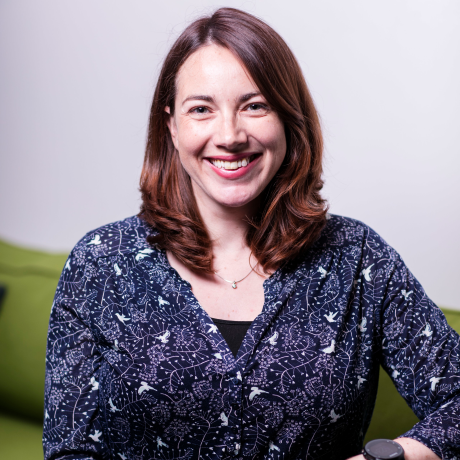The Analytical Facility Access Gap
Our survey suggests there is an ‘analytical facilities access gap’ that disproportionately affects both minority researchers in the UK and those in the Global South, and that this then goes on to negatively affect success and retention in research.

We used an online survey to understand how different groups access analytical facilities globally, how this has changed throughout their careers, how this is affected by funding, and how this impacts their avenues of research and their ability to publish. We had 45 responses to our survey in the first two weeks of the Hackathon representing a broad cross-section of the geoscience community, doing a broad variety of analytical geoscience research. Here, we provide a snapshot based on responses received by 8th October 2021.

Respondents included people of 17 different nationalities, working in 11 countries (33% UK). They were predominantly male (64%) with 1 respondent identifying as transgender, and predominantly heterosexual (71% heterosexual; 11% bisexual). 55% of respondents identified as White, 21% as Black or African American, 2% as Middle Eastern or North African, 11% as Hispanic, Latino or Spanish Origin, 5% as Asian, and 6% as another racial identity. We captured results from people at different career stages from postgraduate through to Senior Career, predominantly in research only (36%, or research and teaching roles (48%), and on a mix of open-ended and fixed-term contracts. Six respondents declared a disability.

The majority report that they currently have access to facilities through a combination of free institutional access (18 individuals), funded access through grants (20), access to national facilities (14), funded access to private facilities (8), and access through networking (21), though this has varied considerably through their careers. Of those who have free institutional access (12), half are White, and 8 work either in the UK, USA or Australia. 5 respondents state they have no current access to facilities (1 white British, currently residing in the Phillipines; 4 Black researchers, 3 from Nigeria and 1 from Cameroon) and 10 report they self-fund their access. Of those who self-fund, they report that this is on the order of hundreds to thousands of pounds.
“Our research team was funded by a senior researcher. In the past 5 years, he spent > $20K from his private funds on whole-rock geochemical analysis.”
Nearly all respondents cite a lack of funding and prohibitively competitive national schemes as a barrier to accessing analytical facilities. Some approached labs directly through either networking or ‘cold calling’ (76% success rate). Unpicking why some approaches were not successful is complicated, but all those who responded that they weren’t successful in securing analytical services in this way have 1 or more minority identities.
